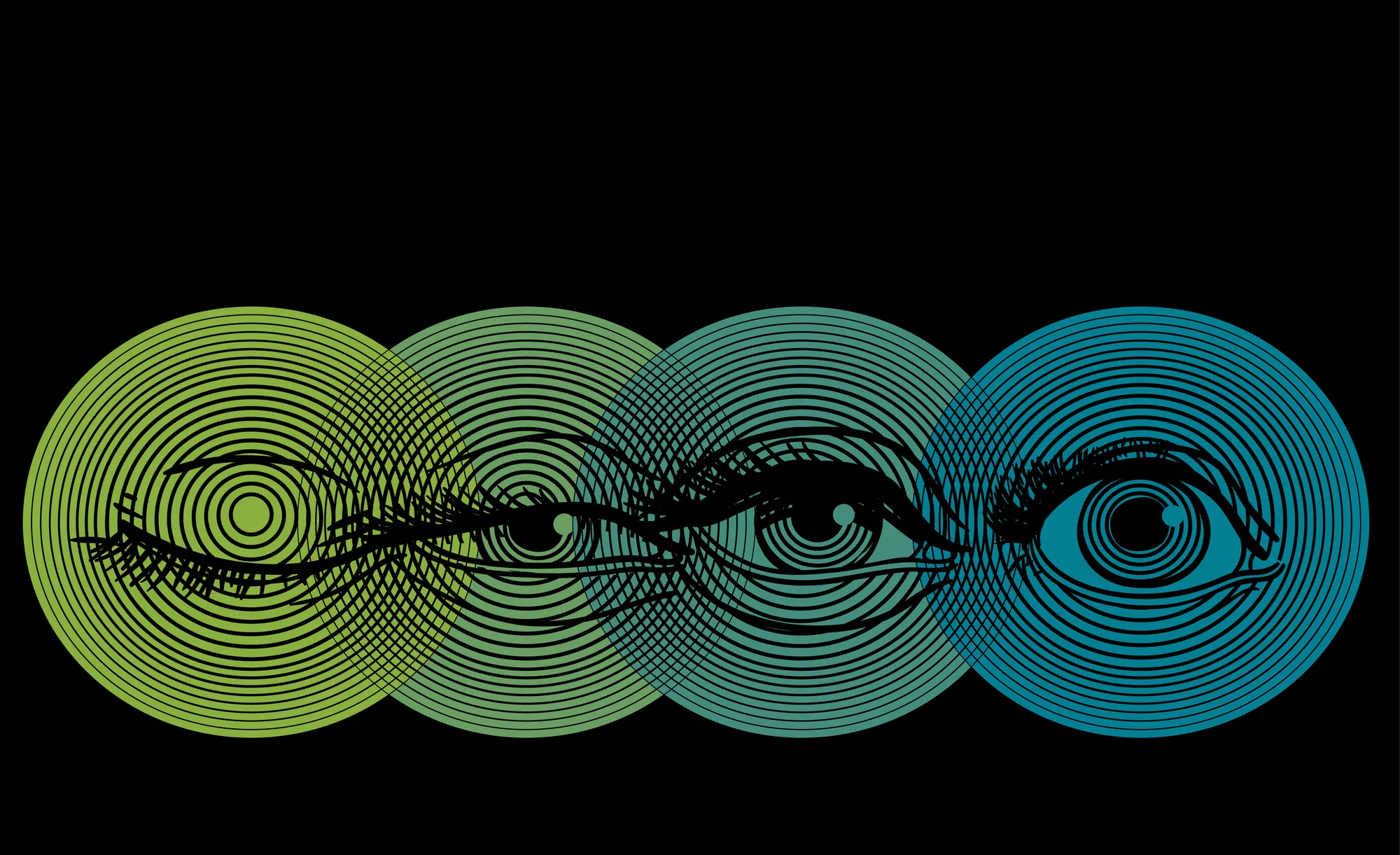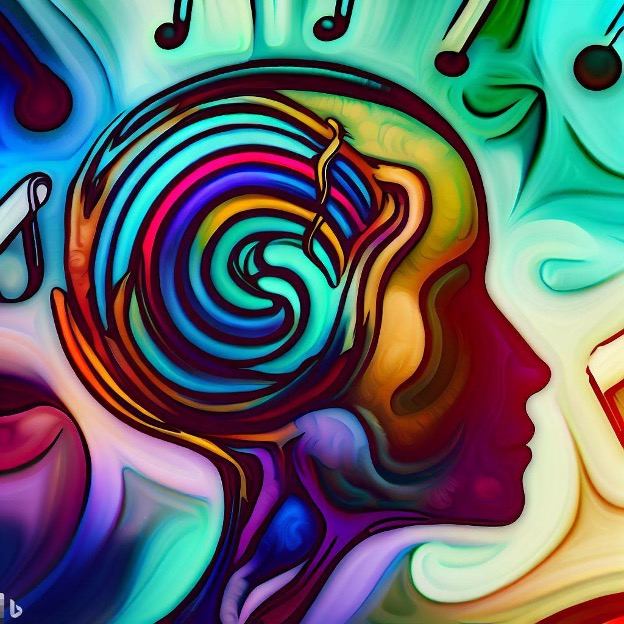As ketamine therapy is becoming increasingly popular as a treatment for depression and other conditions like PTSD and anxiety, most of the discussion focuses on its relatively minimal side effects and safety risks. Ketamine is an extremely safe medication, which is part of what makes it a unique anesthetic. Unlike other anesthetics, ketamine doesn’t suppress breathing or depress the circulatory system. Some clinicians consider it a safer anesthetic for these reasons, which is why it’s still the most popular pediatric anesthetic used today.
At subanesthetic doses, the deleterious effects of ketamine are minimal and largely occur with repeated high doses. Among individuals who have ketamine treatment, the most commonly reported side effects include mild hallucinations or floating sensations and dizziness, all of which subside quickly. Some individuals may feel drowsy after treatment. Chronic, long-term use of ketamine on the other hand is associated with dependence, impaired cognition, and even psychosis.
So, we know ketamine has relatively few side effects and health risks, but what about interactions with other medications? Many people who are considering ketamine infusions or ketamine assisted therapy are already taking an antidepressant or another medication for their condition. Do they have to stop taking other medications before beginning treatment? Is it dangerous to have other substances during ketamine treatment?
Ketamine Interactions in the Brain
If you’re worried about ketamine interacting with your current antidepressant or medication, you’ll be pleased to know that ketamine interactions are not super common. In 2021, researchers conducted a review of current literature on the interactions between ketamine and psychiatric medications that can be used to treat depression.
There aren’t any dangerous interactions with ketamine and commonly prescribed antidepressants. In most cases, you shouldn’t stop taking your current medication when you start ketamine treatment, but you should always discuss it with your doctor before choosing to stop or continue your medication. Some drugs can impact the effectiveness of ketamine, so you should be wary of combining these as it can alter the effects you feel from treatment or your optimal dosage.
Benzodiazepines, a class of medications including Klonopin, Xanax, and Ativan, are commonly prescribed to manage conditions like anxiety, muscle spasms, and sleep disorders. These drugs function by enhancing the activity of gamma-aminobutyric acid (GABA), a neurotransmitter in the brain that promotes relaxation and reduces nerve activity. This mechanism helps alleviate the symptoms of anxiety and induces sedation, which is beneficial for patients suffering from severe stress and insomnia. However, the interaction of benzodiazepines with the brain’s GABA system also impacts their interplay with other medications, notably ketamine, which is used primarily for its rapid-acting antidepressant effects and in pain management.
Ketamine acts differently from benzodiazepines. It primarily targets the N-methyl-D-aspartate (NMDA) receptors in the brain, which are involved in mood regulation and pain perception. By blocking these receptors, ketamine helps to rapidly increase the levels of neurotransmitters that elevate mood and have a fast-acting antidepressant effect. This process is crucial for the treatment of severe depression, especially in cases where other treatments have failed. However, when patients concurrently use benzodiazepines, the sedative effect of these drugs can dampen the effectiveness of ketamine by indirectly reducing the stimulation of these critical neurotransmitters. This interference often results in a delayed onset of ketamine’s therapeutic effects and a noticeable decrease in its efficacy, which can be particularly challenging for patients seeking prompt relief from symptoms of depression.
Patients might find that their symptom relief is not only delayed but also less pronounced, which can extend their suffering and impair their ability to function daily. In some cases, the reduced efficacy of ketamine may require earlier administration of booster doses to maintain the desired therapeutic outcomes. Healthcare providers must carefully consider these interactions during treatment planning. They might adjust the dosing schedules or look for alternative therapeutic options that do not interact negatively. Moreover, educating patients about how their medications might interact and affect their treatment can empower them to make informed decisions about their health and improve compliance with prescribed regimens.
Lamotrigine, commonly prescribed for bipolar disorder and seizures, also negatively interacts with ketamine. This medication decreases the release of glutamate in the brain, whereas ketamine works to boost glutamate. As such, lamotrigine can counteract ketamine’s anesthetic effects. However, the jury is still out on whether lamotrigine or Lamictal reduces the antidepressant effects of ketamine. Anecdotally, we have seen hundreds of patients enter remission from ketamine therapy while taking lamotrigine.
Lithium remains a cornerstone in the therapeutic landscape for bipolar disorder, where patients experience intense emotional states ranging from manic highs to depressive lows. This medication provides a stabilizing influence that is crucial for maintaining emotional balance and improving overall quality of life.
- Targeted Action: Lithium’s primary mode of action involves modulating the activity of glutamate, a neurotransmitter that is pivotal for regulating mood and ensuring synaptic plasticity—the brain’s ability to adapt and change. Unlike broader-spectrum psychiatric medications that indiscriminately affect multiple neurotransmitters, lithium’s focused activity helps maintain necessary neurotransmitter levels, promoting brain health and functional stability.
- Mood Balancing: By directly influencing glutamate levels, lithium addresses the core symptoms of bipolar disorder. Glutamate plays a critical role in both the excitation and inhibition processes within the brain and its imbalance can lead to erratic mood swings. Lithium smooths these fluctuations by preventing the excessive glutamate activity that can lead to manic episodes, and by supporting adequate glutamate function to avert depressive states.
- Synergistic Effect: Lithium’s mechanism of action offers a complementary benefit when used alongside other treatments like ketamine. While ketamine provides rapid relief from depressive symptoms by blocking NMDA receptors—thereby increasing glutamate activity in certain areas of the brain—lithium helps to regulate this activity by ensuring that glutamate levels do not become overwhelming. Such synergy enhances the overall efficacy of treatment regimens involving both medications, particularly in treatment-resistant cases, making it a powerful combination for managing severe symptoms of depression rapidly and effectively.
The methodical influence of lithium in treating bipolar disorder exemplifies how targeted neurological interventions can profoundly improve mental health management. Patients should not self-medicate or adjust their doses without consulting their doctors. The potential risks associated with unsupervised changes include lithium toxicity, which can manifest as nausea, tremors, or even more severe neurological impairments. While ketamine’s side effects can be moderated by lithium, they are not eliminated, and the risk of abuse and psychological dependence on ketamine still exists.
Ketamine Interactions in the Liver
Rather than interacting within the brain, some drugs can interact via metabolism in the liver. If the metabolic processes of two drugs interact with each other, the combination can cause one drug to metabolize faster (and wear off quicker) or slower (and last longer).
Ketamine is broken down by enzymes in the CYP450 group within the liver. The primary enzyme responsible for breaking down ketamine is CYP2B6; drugs that affect this enzyme can influence ketamine levels in the body.
For example, orphenadrine (Norflex) is a muscle relaxant that inhibits the CYP2B6 enzyme. Subsequently, this slows the breakdown of ketamine in the liver, leading to increased levels of ketamine in the body or a longer-lasting effect.
Alternatively, dexamethasone is a potent synthetic corticosteroid, widely prescribed for its powerful anti-inflammatory and immunosuppressant effects. It is often utilized in the treatment of conditions ranging from asthma and allergies to rheumatoid arthritis and certain cancers. The drug works by mimicking the effects of cortisol, a natural hormone produced by the adrenal glands, which helps regulate a range of bodily functions including metabolism, immune response, and stress response.
The CYP3A4 enzyme is also responsible for breaking down ketamine, as well as roughly 50% of drugs on the market. Understanding the interactions between CYP3A4 and other substances is essential for maintaining drug efficacy and patient safety:
- Grapefruit Juice: Consuming grapefruit juice can inhibit the CYP3A4 enzyme’s activity, leading to higher concentrations of ketamine in the bloodstream. This inhibition can increase the duration and intensity of ketamine’s effects, posing a risk of increased side effects. Care should be taken as this interaction can be significant, sometimes resulting in the need to adjust dosages or avoid grapefruit juice entirely while on medication.
- St John’s Wort: This herbal supplement is known to induce the activity of the CYP3A4 enzyme. When taken with ketamine, St John’s Wort can accelerate the metabolism of ketamine, leading to lower drug levels in the body. This reduction might undermine the efficacy of ketamine, requiring adjustments in dosing to achieve the desired therapeutic effect. Patients should discuss the use of such herbal supplements with healthcare providers to avoid unwanted decreases in drug levels.
- Ketoconazole: As a potent inhibitor of CYP3A4, ketoconazole can significantly increase ketamine levels by slowing down its metabolism. This interaction heightens the risk of toxicity or overdose, especially if ketamine is used in settings where its effects need to be tightly controlled, such as anesthesia or pain management.
- Cimetidine: Similar to ketoconazole, cimetidine inhibits the CYP3A4 enzyme, which can lead to increased levels of ketamine in the body. This interaction can enhance the sedative and dissociative effects of ketamine, potentially leading to higher risks of side effects. As always, Individuals on cimetidine need to have their ketamine doses carefully managed by healthcare professionals to maintain safety and drug effectiveness.
These interactions, however, are only significant when ketamine is taken orally and undergoes a high rate of liver metabolism. Most commonly, ketamine is administered intravenously, via nasal spray, or with intramuscular injection.
Can Ketamine Be Combined With Spravato?
Another alternative treatment for depression that is closely related to ketamine is called Spravato (generic name esketamine), which has a standardized REMS program to prevent drug diversion and abuse. As a chemical cousin of ketamine, esketamine operates similarly by targeting NMDA receptors in the brain but is used in a nasal spray form, which makes it distinct in its administration. The treatment regimen for Spravato is intensive, particularly at the outset. It typically involves an induction phase of twice-weekly treatments over the first month. Each session lasts about two hours, under medical supervision, due to the drug’s potent effects and potential side effects, such as dissociation and sedation. This controlled environment is a crucial component of the Risk Evaluation and Mitigation Strategy (REMS) program, designed to prevent misuse and diversion of this potentially addictive substance.
The REMS program for Spravato is strict, requiring treatment to be administered in a certified medical setting by healthcare providers who are trained in the REMS requirements. This program not only ensures patient safety but also monitors the distribution and use of the drug. Patients are observed by a healthcare provider during the administration and for at least two hours afterward, checking for acute side effects before they are allowed to leave the facility. The availability of Spravato in only two dosages, 56 mg, and 84 mg, poses limitations for dosing flexibility. This constraint leads some patients to inquire about supplementing their treatment with ketamine to achieve higher or more tailored dosing. However, such actions could lead to violations of the REMS guidelines and are generally not supported by clinical evidence or safety data. Insurance coverage might also be jeopardized, as policies typically only cover approved dosages and regimented treatment plans.
If you’re considering ketamine treatment, disclose your current medications with the clinician and ask your doctor before stopping a medication, changing your dose, or taking a new medication. At Bespoke Treatment in Los Angeles and Santa Monica, we work with your current treatment schedule to create a mental health plan that works for you.
While ketamine therapy presents a promising avenue for those struggling with severe depression, PTSD, anxiety, and other conditions, understanding the potential interactions with other medications is crucial for optimizing treatment efficacy and safety. Patients considering ketamine should be proactive in discussing their current medication regimen with healthcare providers to navigate any possible adverse interactions. Particularly, the influence of benzodiazepines, lamotrigine, and lithium on ketamine’s antidepressant effectiveness cannot be underestimated. The liver metabolism interactions highlight the complexities of polypharmacy in mental health treatments. As medical science advances, the importance of personalized treatment plans becomes increasingly clear, underscoring the need for thorough evaluation and careful monitoring. By ensuring informed, tailored therapeutic approaches, patients and clinicians can maximize the benefits of ketamine while minimizing risks, paving the way for more effective and safer mental health management.


























